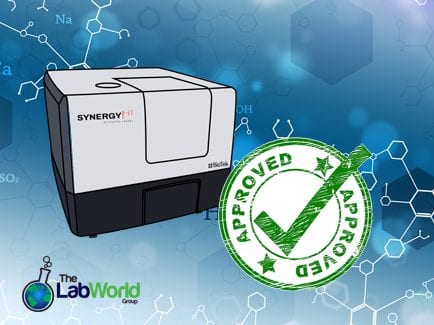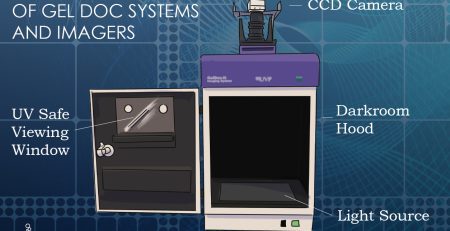How to Apply for a Research Grant
Applying for a research grant can be a daunting and intimidating task, and winning funding for your research can be difficult, but by following a few key guidelines, you can make the process less stressful and ultimately more successful.
Ideally, before you even began planning to submit your own research grant, you should familiarize yourself with both the writing and the application process. This can be accomplished by asking to view and review drafts grant applications that are being submitted in your office as early in your career as possible. This will help you to gain of sense of what the grant writing process entails before you have to get ahead and take it on yourself. Your colleagues can provide a great deal of insight and information about research grants, particularly if they are veterans of the grant writing process.The next most important step is thoroughly researching and vetting the granting agencies and bodies to which you plan on applying. Typically, different groups focus on different areas of research and have their own unique application requirements.
Websites, such as the Foundation Center, can be a great place to start your research, but keep in mind that journals, newsletters, and even colleague referrals can all supply great leads. Make sure you are able to meet the eligibility requirements and deadline for application, and that you are able to submit the required materials in the organization’s required format. While different supplemental materials may be required, grant requests typically consist of the following components:
-
- Objectives – clearly define the goal of your research and its impact, and how you plan to meet that goal. Be sure what you are proposing can realistically be achieved within the timeframe of the awarded grant period.
- Budget- What do you need the money for the most, be it your time, a staff, outfitting a laboratory. By presenting a good value for the money, such as taking advantage of savings from buying used lab equipment can help justify the cost of the project. By leveraging the savings from refurshied lab instruments and consumables, you can make sure you’re covered in other areas such as rent and utilities.
- Background and rationale – outline and describe what is already known about the problem your proposed research plans on addressing and highlight any gaps or limitations in the current available literature. Conclude this section by stating what will be achieved if this research succeeds, as well as how likely you are to be successful. It is very important to be realistic and not overly ambitious.
- Experimental design and methods – provide an extremely detailed description of how you plan to achieve your stated objectives. This is your chance to showcase how your experimental design will fill the gaps in currently available research.
- Limitations of proposed research – address possible limitations of your proposed approach and, if possible, propose a potential alternative strategy.
Applying for a research grant can seem like a tedious process, but conducting thorough research and compiling all necessary application requirements beforehand is a surefire way to ensure a smoother grant application process.














